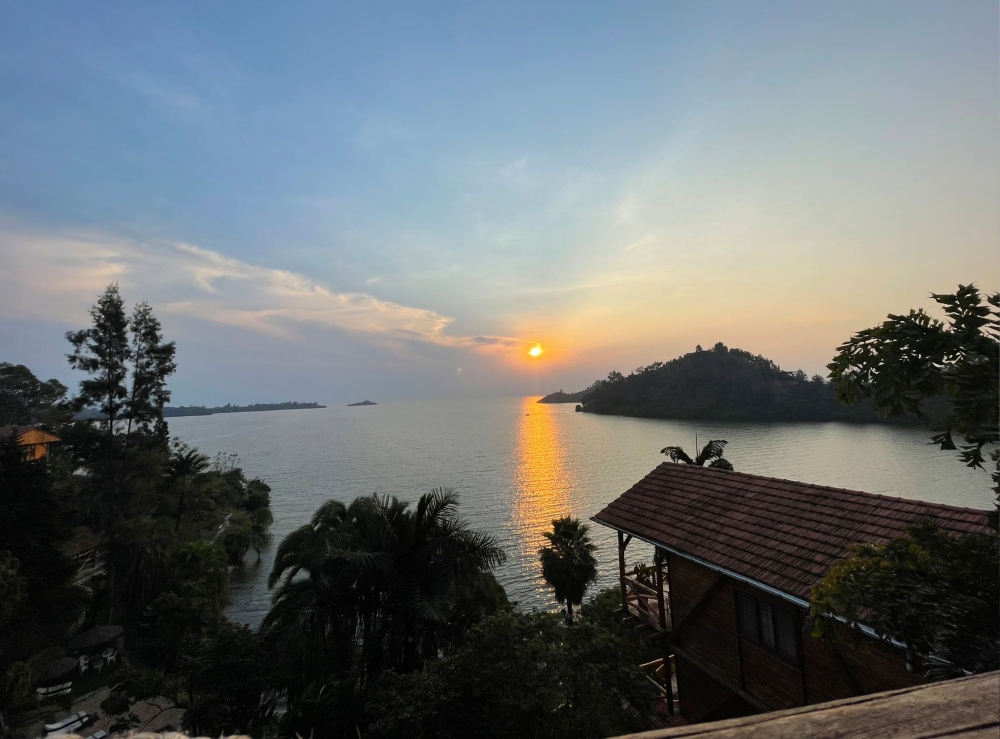The Republic of Southern Sudan was born over the weekend; the culmination of a lifelong struggle for dignity and self-determination. I knew many Southern Sudanese in exile and we shared many of the same dreams and frustrations. But they have had to wait the longest and they lost 25 percent of their population in a 25-year civil war.


The Republic of Southern Sudan was born over the weekend; the culmination of a lifelong struggle for dignity and self-determination.
I knew many Southern Sudanese in exile and we shared many of the same dreams and frustrations. But they have had to wait the longest and they lost 25 percent of their population in a 25-year civil war.
I have only seen a few African nations gain independence during my lifetime, but only Eritrea and Southern Sudan are significant in that they redraw the borders of the Berlin Conference of 1892.
This means that the geographical and logistical constraints imposed on these artificial borders still largely apply. And even entities that were unitary states before the Berlin conference like Rwanda, Burundi, Swaziland did not have an impact.
Since independence, we have come to a realisation that regional blocs can overcome these logistical and economic barriers, hence the need for breakaway states has diminished.
However in Sudan, it was inevitable that it would break-up or slowly bleed to death. Southern Sudan is starting from -100 and it will take them very long to just get to 0, the region was a victim of a multiple layers of colonialism and neglect.
The story of the Nile is the story of how Eastern Africa was colonised, explorers like Samuel Baker, John Speke and Emin Pasha still echo in my mind. These men looked for the source of the Nile and other resources they could get their hands on.
So Sudan was colonised by Egypt, Egypt was colonised by Britain, the priority of ownership of the Nile waters was reserved for Egypt and its cotton fields which fed the textile mills in Lancashire England.
Those mills are long gone, but the agreement remains largely intact and reflect the 1929 situation and not the current one.
Southern Sudan, unlike other countries starts with almost nothing in terms of infrastructure, at least in other countries the British left some form of infrastructure, but there is barely anything.
What South Sudan has is potentially the best chance any African nation has had to start with: oil and masses of it. They have 85 percent of the Sudanese oil reserves; even if they cede Abyei they will still have 75 percent oil reserves, the Chinese are going to build them a highway, railway, and a pipeline to Mombasa.
All that oil is not ready to be pumped yet and South Sudan has bigger problems like malnutrition, illiteracy levels at 90 percent, and they will top the table in child mortality, maternal mortality, and any indicator possible.
For the North, it will gradually implode, Al-Bashir will hope an Islamic revolution will keep the nation together, but fragmentation of Kordofan and Darfur as well as an insurgency in the East will weaken it for years.
As for South Sudan, the paradox of independence is you have to break away then unite with others. This is not the age of independence but inter-dependence and their success will be judged by how well they can link with others.




